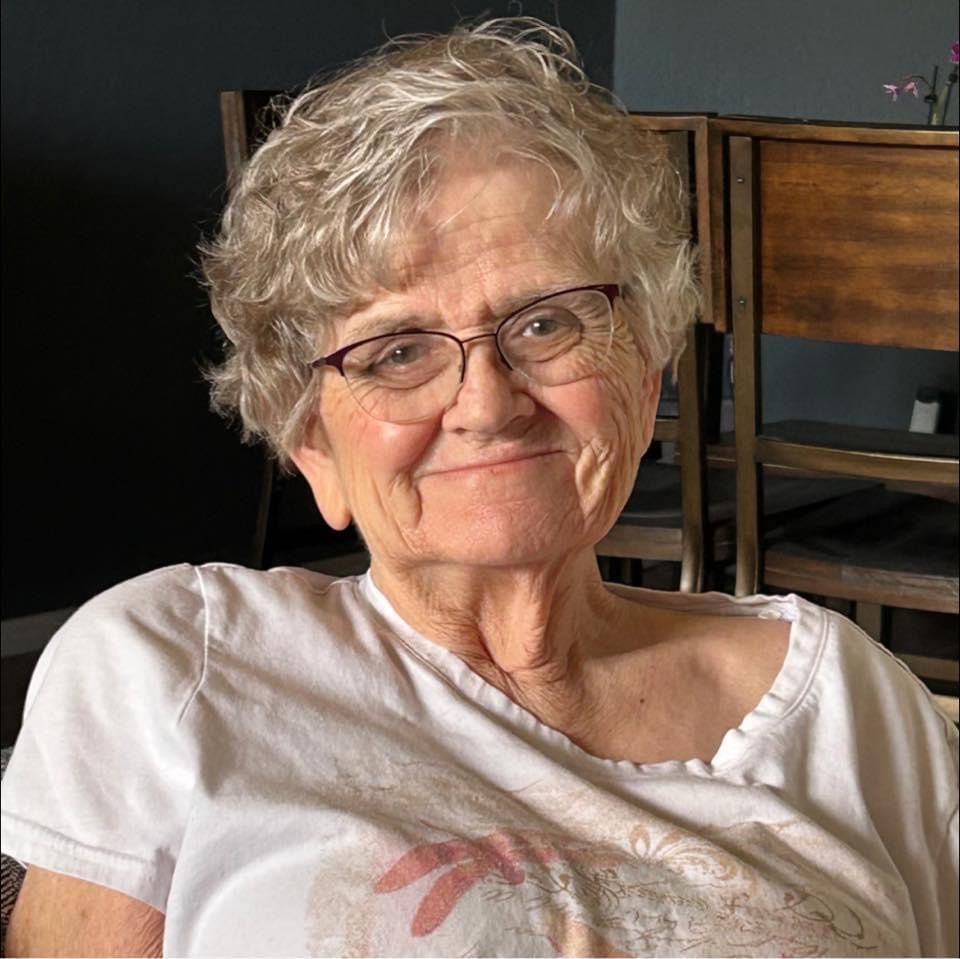Susan Brown grew up in a military family. Her father, Harry Burdick, and his side of the family served in every war since the Revolutionary War. He received three Bronze Stars for his service in the 151st Infantry Division while stationed in the Philippines during World War II. Susan knew at a young age that she wanted to follow in her dad’s footsteps and join the Army. However, her mother was concerned, especially since Susan was born with an enlarged heart and suffered from asthma. She asked Susan to wait until she was at least 21 years old before joining.
After turning 21, Susan passed the Army physical and officially enlisted in 1970. She went on to serve for ten years. During her career, she served at many stateside bases including California, Missouri, and Washington, D.C. She also served in Germany. Some of her assignments included a legal clerk, court-martial escort, and administrative assistant.

During her military career, Susan married and had two daughters. Upon completion of her military service, she continued serving her country by working for the federal government as a civil servant until she was forced to medically retire.
In 2002, at the age of 50, Susan began feeling unwell. She was constantly vomiting and did not know why. Eventually, she went to the hospital, where she learned that her kidneys were failing and she would need to go on dialysis. After a kidney biopsy, Susan also learned that she had a chronic autoimmune disease called Focal Segmental Glomerulonephritis (FSGS), which caused her kidney failure. FSGS is a genetic condition that she would eventually find out at a family reunion that her great grandfather succumbed to. During her grandfather’s time in 1921, it was referred to as Bright’s Disease. FSGS has become the recognized term for this disease.
Susan underwent in-center hemodialysis for a grueling three and a half years. During that time, she also suffered a stroke and internal bleeding. With her daughter Amy’s knowledge and foresight, she was able to get on the kidney transplant waitlist at the Mayo Clinic in Arizona. In June 2005, at 2 a.m., Susan received a life-changing phone call from the Mayo Clinic, which informed her that a kidney from a deceased donor was available for transplantation. On June 5, 2005, Susan gratefully received this gift of life.
Remarkably, 18 years have passed since the transplant and Susan’s kidney continues to function well without any signs of rejection. As a Vietnam-era U.S. Army veteran, she is fortunate to receive all her necessary medications from the VA hospital in Albuquerque, New Mexico, ensuring her ongoing well-being.
In 2008, Susan had the privilege of co-founding a non-profit organization known as the Las Cruces Transplant Group. She says their primary initiative involves organizing the annual Las Cruces Donate Life Car Show, a fundraising event held every July. For the past 14 years, this event has served as the group’s main source of financial support, attracting participants and enthusiasts to Young Park in the city of Las Cruces and surrounding areas. Funds help pay for gas money and housing expenses for Mayo Clinic transplant patients who need financial support in the Las Cruces area. The group hopes to build a memorial for kidney patients and their donors.
Additionally, Susan volunteers her time making quilts for anyone from Las Cruces Transplant Group who goes on dialysis with the St. Andrew’s Episcopal Church sewing group.
Susan found AAKP during her time on dialysis when a nurse at her hospital who had a kidney transplant herself encouraged Susan to become a free member. Today, Susan serves as an AAKP Ambassador and advocates for organ donation.
Register to be an organ donor: https://registerme.org
AAKP Additional Resources:
Learn about the AAKP Veteran’s Health Initiative: https://bit.ly/AAKPVHI
























